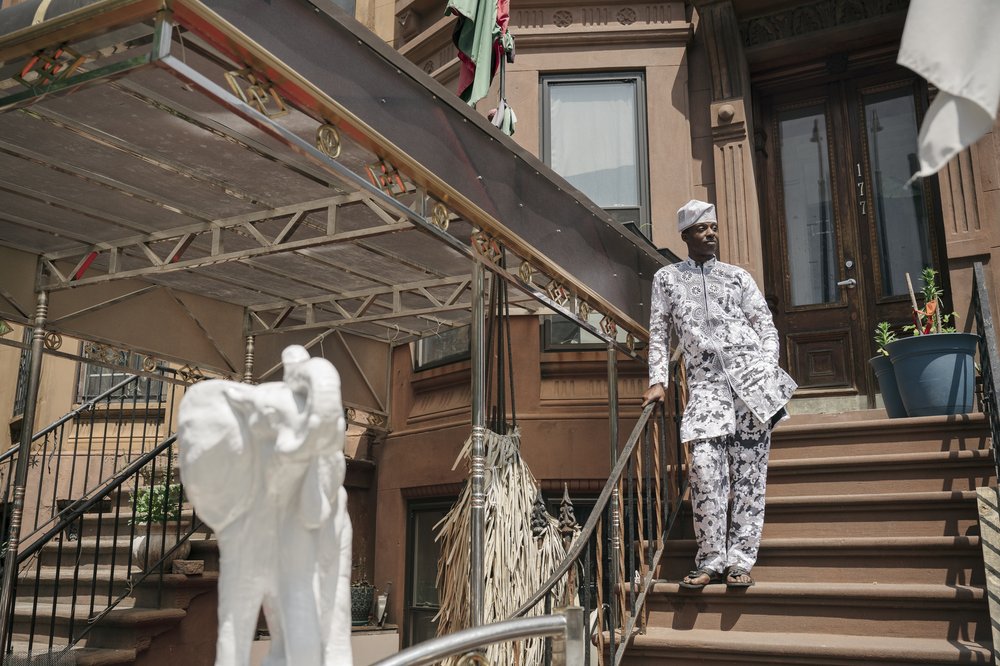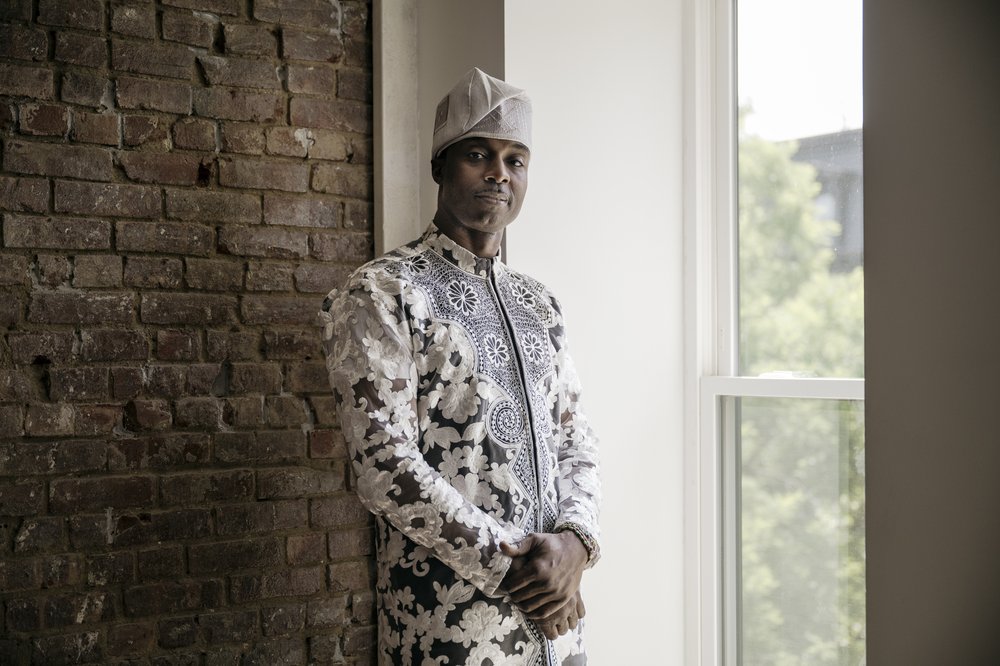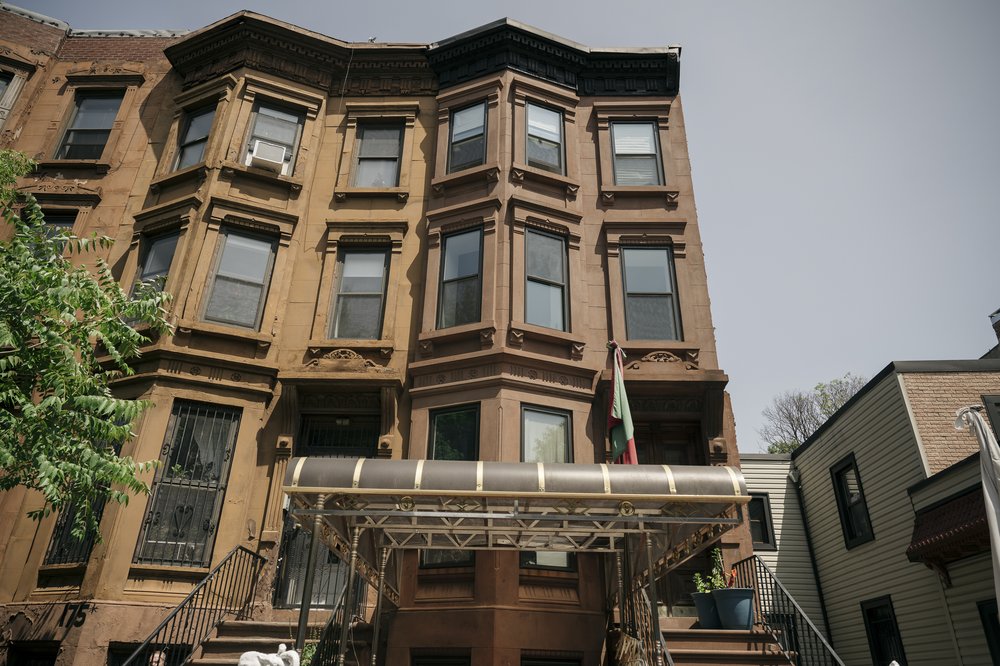Low income Brooklyn homeowners deprived of lawyers as courts speed through foreclosures, lawsuit claims
June 7, 2023, 9:58 a.m.
Courts are supposed to assess whether homeowners facing foreclosure qualify for free legal representation, but a new lawsuit claims that isn’t happening in Brooklyn.

Brooklyn courts are speeding through hundreds of foreclosure cases, skipping a crucial step meant to ensure low-income homeowners have a lawyer to help work out a settlement before losing their valuable properties, according to a class-action lawsuit filed on Wednesday in state court.
The complaint filed by the New York Civil Liberties Union and a handful of private lawyers on Wednesday accuses the state’s Office of Court Administration, which runs the legal system, and judges in Brooklyn of undermining a state law that requires the courts to assess whether a property owner can afford an attorney or should be appointed free legal representation in the “high stakes, confusing and intimidating” proceedings.
A judge is supposed to make that determination at a mandatory settlement conference overseen by a court referee — the first step in the legal process, where the homeowner and mortgage lender meet to discuss alternatives to foreclosure, like a new payment plan or a sale. But that isn’t happening, said NYCLU attorney Terry Ding.
“The court just skips that step and moves right along with the case,” Ding said. “And so the result is most of these folks who can't afford a lawyer go through the entire process without a lawyer and are much more likely to lose their homes to a foreclosure that might have been avoidable if they had a lawyer.”
A spokesperson for the Office of Court Administration says the agency doesn't comment on pending litigation.
Statewide, about 45% of owners in 8,576 settlement conferences did not have an attorney between October 2021 and October 2022, according to an annual report issued by OCA last year. The attorneys suing OCA said the rate of representation may be far lower in Brooklyn, which leads the five boroughs in foreclosure filings.
“Courts press ahead with the proceedings, leaving the homeowners to fend for themselves as they face the loss of their homes,” the lawsuit states.
The mandatory settlement conferences are unique to New York, and were established to slow the pace of foreclosure proceedings so homeowners have a better chance of remaining in their homes.
“Having a lawyer versus not having one for a homeowner in a foreclosure case can make all the difference because it's a confusing process. It's high stakes,” Ding said.
The conferences take place virtually in sessions open to the public, and every other person scheduled to appear that day. Gothamist observed proceedings on Tuesday morning, where at least 29 people patched in by video or phone to await their conferences, presided over by a law clerk. Attorneys representing US Bank appeared at two brief conferences where homeowners were absent and it was unclear whether they had legal representation. At another hearing, attorneys for Fifth Third Bank briefly discussed a case involving an absent homeowner who did not have a lawyer.
Homeowners in only two of eight conferences observed by Gothamist had an attorney representing them. Two of the homeowners said they had spoken with the organization Access Justice for some legal guidance. Another had his loan modification package denied by his lender, prompting the clerk to suggest he talk with a lawyer about submitting new documents.
A lack of legal assistance has long been a serious problem for homeowners in foreclosure cases nationwide. Showing up to conferences and court appearances without an attorney leaves homeowners — especially Black and Latino residents of gentrifying neighborhoods — at greater risk of losing their valuable properties, said Bedford-Stuyvesant homeowner Carl Fanfair, 47, one of two lead plaintiffs in the class-action suit.
“It’s a bit frightening because you don't know what to expect,” Fanfair said. “You're in foreclosure. You're talking about the house that you raised your kids in, your primary residence, your home.”

He purchased his three-story brownstone for about $200,000 back in 1999. Today, the home is worth about six times that, but Fanfair and his family are in danger of losing it.
Fanfair, a Yoruba priest, said he attended his settlement conference without a lawyer earlier this year after falling more than $80,000 behind on his mortgage payments — a debt he ran up when he lost his job as an appliance repairman early in the pandemic.
Fanfair said he remained out of work for months while caring for his wife and elderly mother-in-law, but managed to negotiate a loan modification with his lender, Reliance First Capital, late last year. But Fanfair said that after he made three months of trial payments, the lender filed to foreclose on the three-story brownstone.

The court referee at Fanfair’s settlement conference never considered his need for representation, and the lawyer for Reliance failed to send materials about a loan modification, Fanfair told Gothamist.
“There's no personal type of interaction,” he said. “You’re just a number.”
Fanfair said the lender’s attorney finally sent him modification materials weeks later, only after he managed to get help from a lawyer. He said he does not yet have full representation in the foreclosure case and is speaking out against the court operations to help other homeowners in peril.
“I feel like somebody has to say something for something beneficial to happen,” he said. “Things start to pile up on the person that is not doing anything, and then it gets to a point where it's out of control.”
Reliance told Gothamist it does not comment on active litigation but pursues “extension loss mitigation efforts.”
The lawsuit against the courts comes as rents and home sales are reaching new highs across the five boroughs, spurring an affordability crisis at the same time as the city grapples with record levels of homelessness.
Across the city, foreclosures are also on the rise following a freeze that ended in early 2022, with a disproportionate impact on Black and Latino homeowners, who are also subject to a barrage of harassment, fraud and deed theft schemes. Fanfair said he receives “nonstop” calls from real estate speculators looking to buy his valuable property for a pittance because they know he’s facing foreclosure.
Lenders filed nearly 25,000 residential and commercial foreclosure cases in 2018 compared to 7,621 between October 2021 and October 2022, but the number continues to rise.
The OCA foreclosure report signed by then-acting Chief Administrative Judge Tamiko Amaker acknowledges the importance of legal help to keep vulnerable New Yorkers in their homes, “mindful of the uncertainty that lies ahead.”
“Homeowners at risk of foreclosure deserve access to free, high-quality legal representation,” the report states. “This means making sure that homeowners are given every opportunity to meaningfully participate in the settlement conference process … and it means giving the parties the time they need to work out a settlement.”
Attorney Yolande Nicholson, co-counsel in the class action lawsuit, said she wants the court system to live up to that lofty ideal instead. For now, they are letting everyday homeowners face off against “a deep-pocketed adversary” like banks, lenders and real estate investors on their own, she said.
“The court has just disregarded that,” Nicholson said. “That's why we're losing so many homes.”
This story was updated to include a remark from the Office of Court Administration.